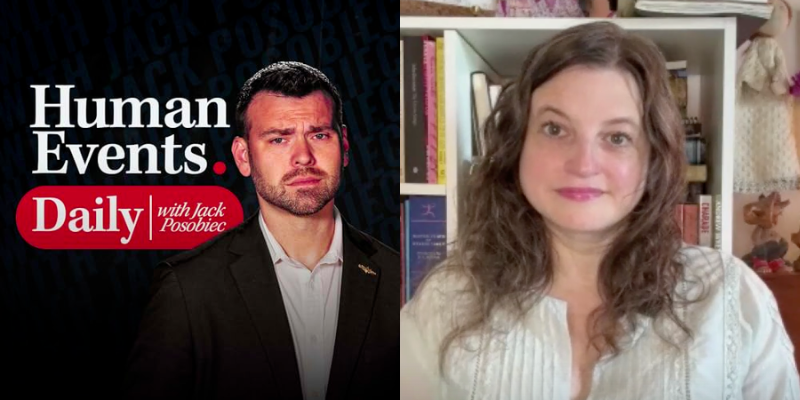A recent study conducted by the Center for the Study of Partisanship and Ideology has revealed that 38 percent of students attending liberal arts colleges in the United States identify as LGBTQ.
The data, CSPI suggested, indicate that the student population of several liberal arts colleges could actually be majority LGBTQ.
According to the study, of the over 150 schools surveyed, the twenty-three liberal arts colleges showed the highest proportion of LGBTQ-identifying students, with Ivy League institutions coming in second with 27 percent.
Three schools in particular, Oberlin, Wellesley, and Smith College, were estimated to have the highest proportion of LGBTQ students at 51, 61, and 70 percent, respectively.
CSPI argued that the overrepresentation of LGBTQ students at liberal arts colleges was "linked to the strongly liberal ideology at these colleges," pointing out that 37 percent of "very liberal" students identified as LGBTQ compared to just 5 percent of their "very conservative" counterparts.
It was also suggested that gender played a role; 56 percent of students at liberal arts colleges are female, and females are more likely to identify as LGBTQ.
According to the study, 28 percent of all female respondents said they identified as LGBTQ compared to just 16 percent of males.
Illustrating this point further is the fact that the school with the highest proportion of LGBTQ students, Smith College, is a private liberal arts women's college in Massachusetts.
While many conservative and Christian institutions, such as Brigham Young University in Utah, showed a considerably lower than average share of LGBTQ students, it was noted that at no school did they make up less than 10 percent of the student population.
As CSPI reports, the share of LGBTQ students has risen dramatically in recent years, due in large part to the fact that the incoming students, largely Gen Z, are far more likely to identify as something other than heterosexual and cisgender.
They point out that such students "appear to be self-selecting into elite higher education institutions in somewhat larger numbers compared to lower-ranked institutions."





